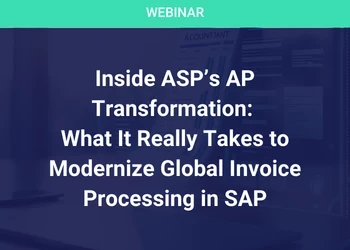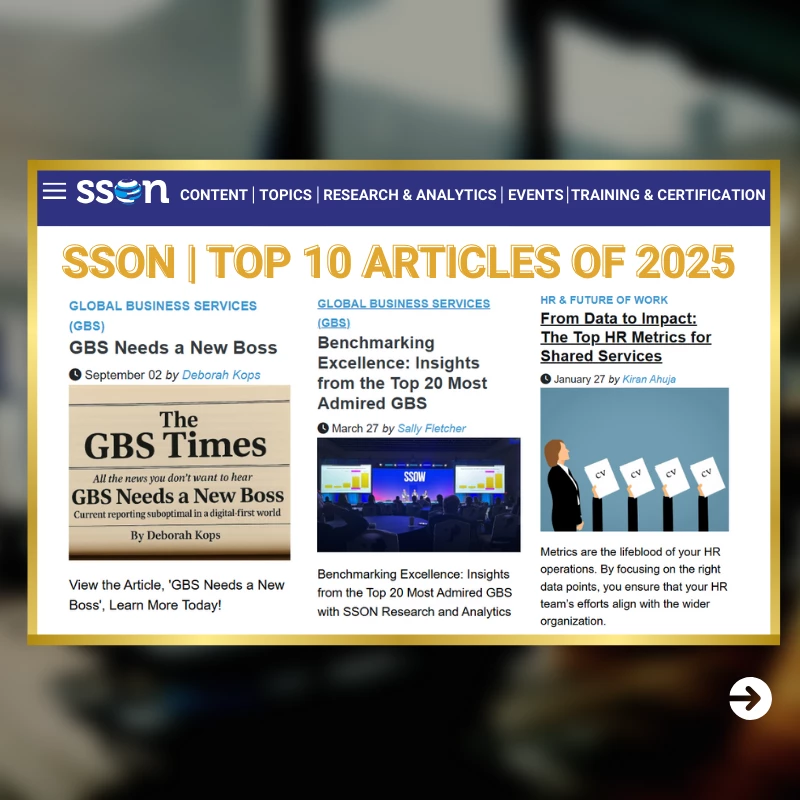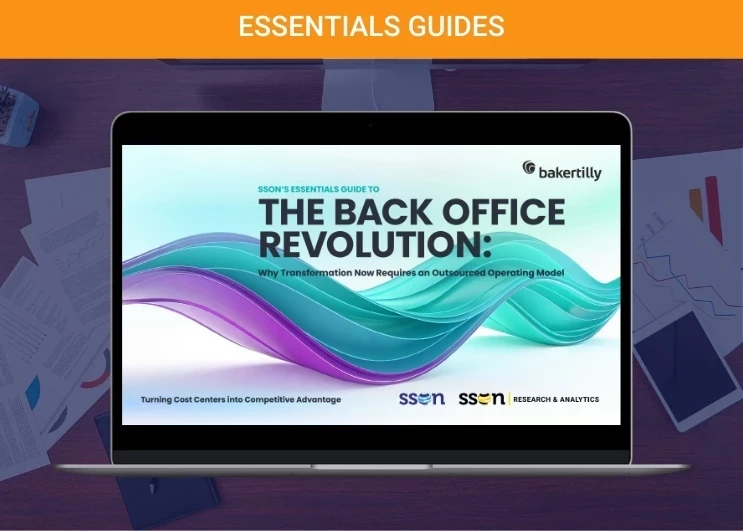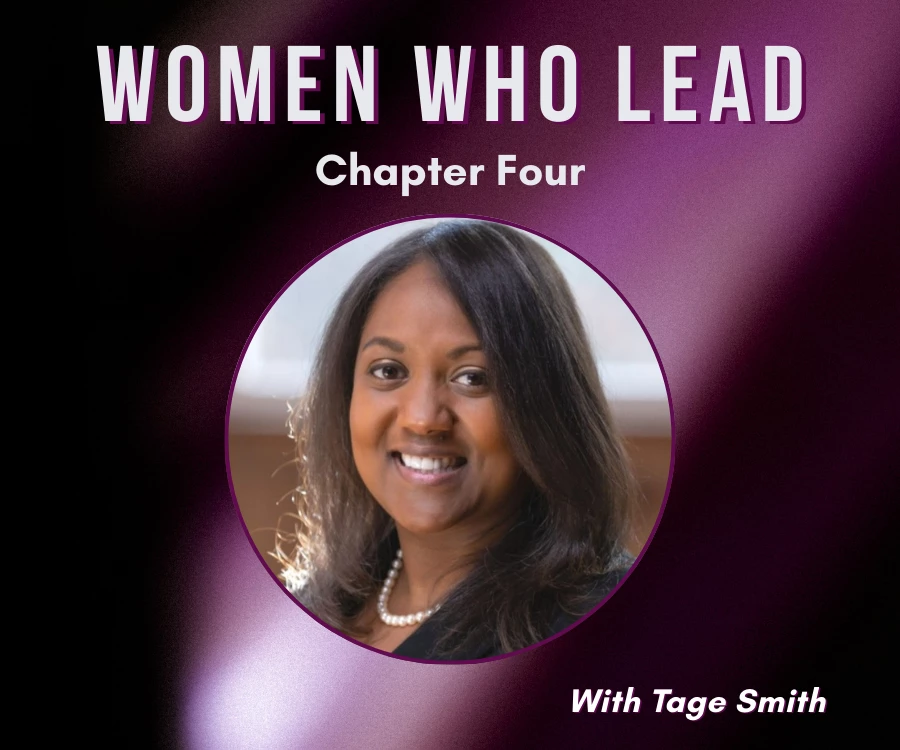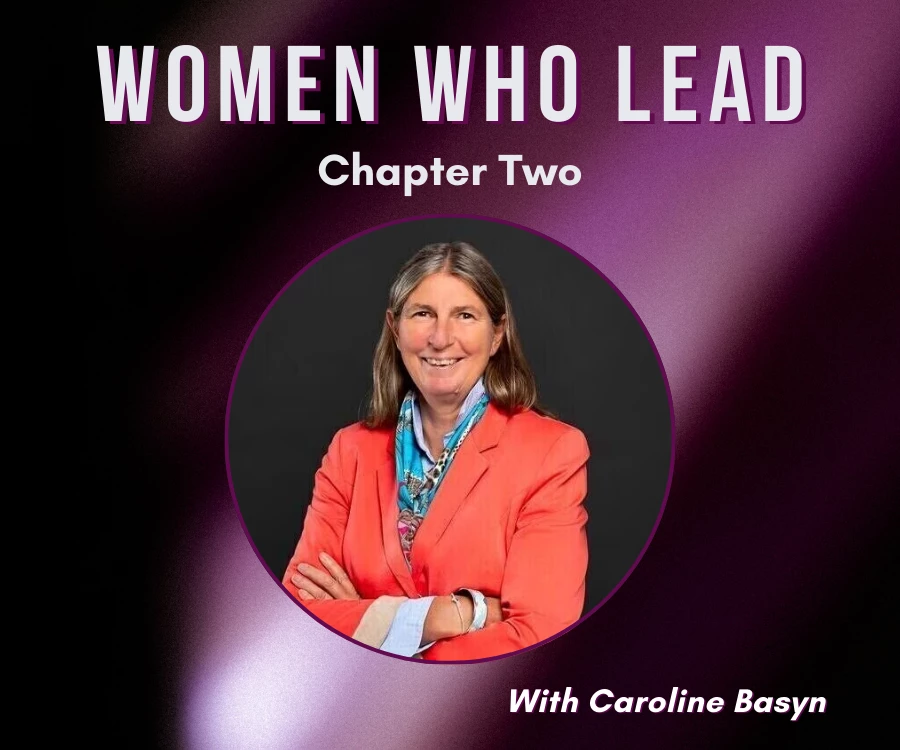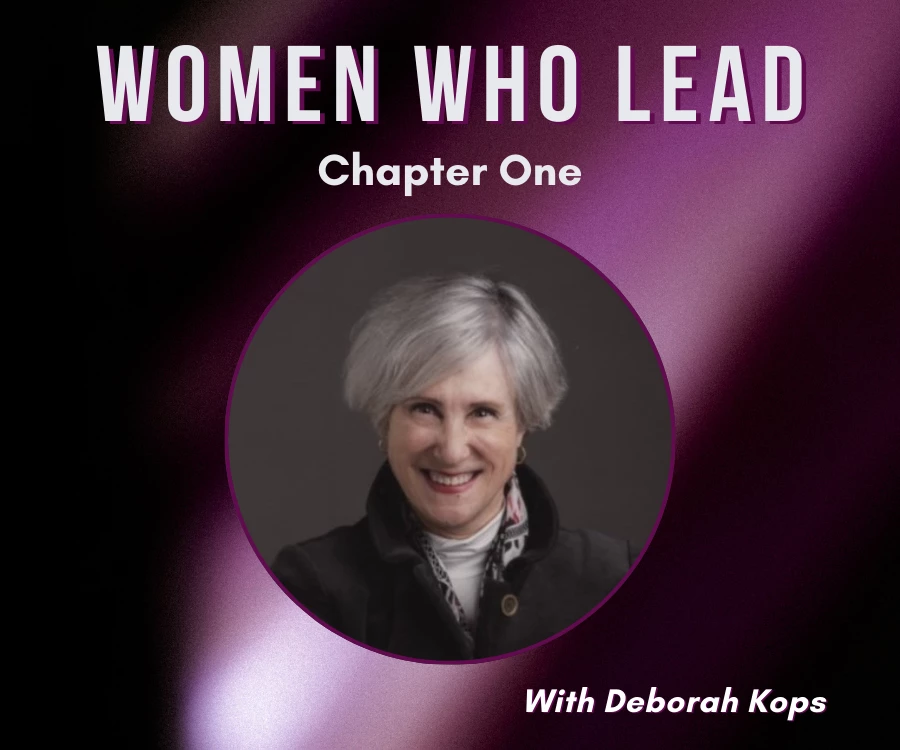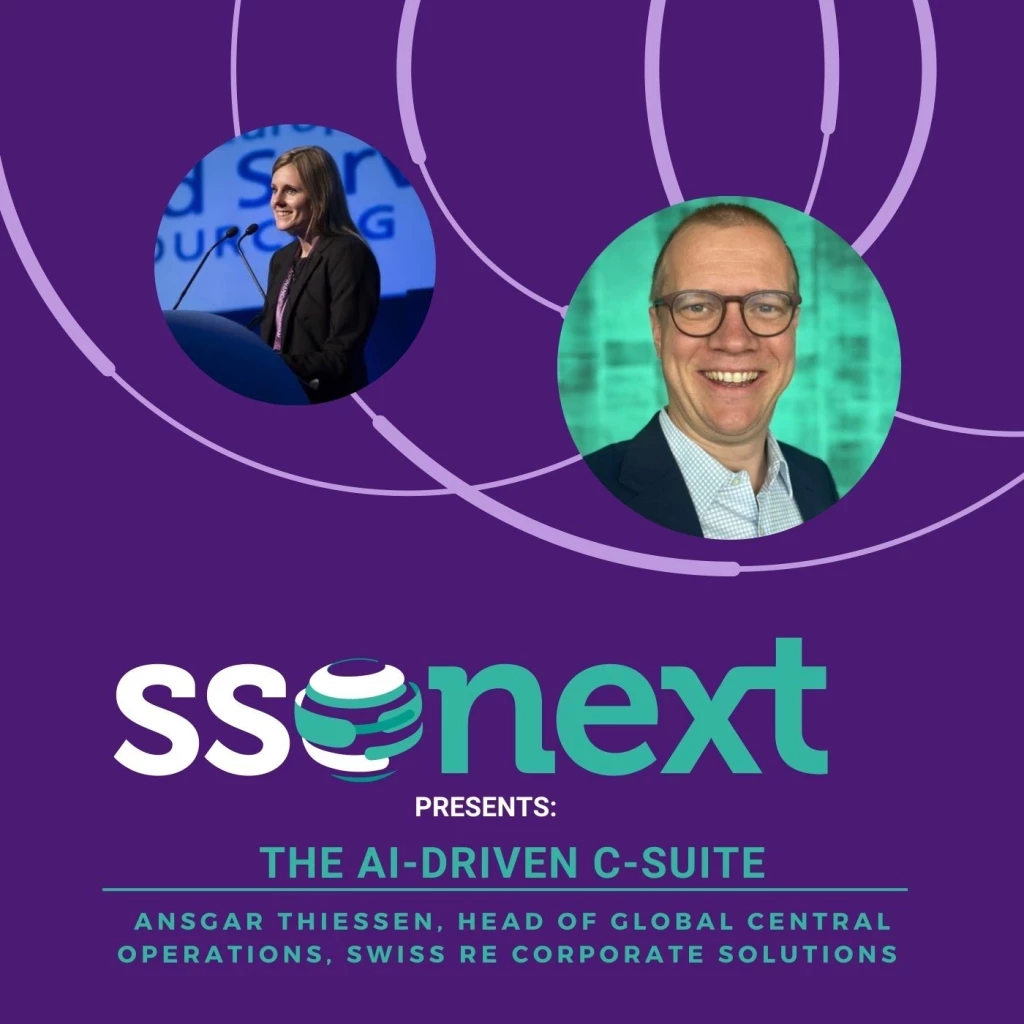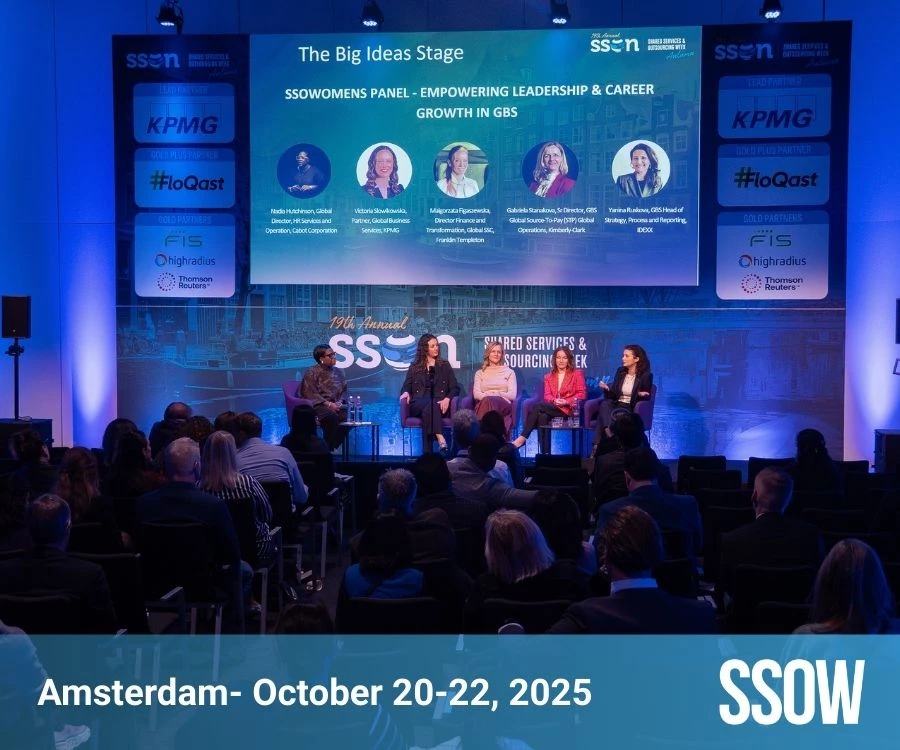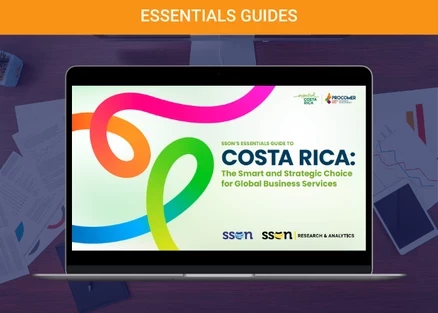From Shared Services to Global Business Services to Global Capability Centers to Global Intelligent Enterprise
How IoT is Driving the SSO Model to Take on the Enterprise, and Win!
Add bookmark
The Transformation of the Shared Services Model at Boston Scientific
The evolution of Shared Services follows a trajectory of sorts, from the emergence of predominantly single function centres in the early 1990s, to multifunctional centres, and eventually Global Business Services.
The now oft-seen rebranding of “Shared Services” to Business Services (whether “Global” or not) reflects the trend towards supporting the business more holistically, than the pure functional support provided by early trailblazers.
Today, sophisticated business services models support all kinds of commercial activities, marketing, research and development, etc. At Boston Scientific, the Shared Services model has followed precisely this trajectory, as Sudhir Dasamantharao, Chief Transformation Officer and Director, Global Business Services APAC, explains. From the early ‘cost centre’ days that characterise most Shared Services, the model has more recently evolved to take on a profit centre role, he explains.

The Future: Global Capability Services
Starting in 2015 through to 2020, Sudhir’s vision is firmly set on a future version of Global Business Services that leverages digitalisation – specifically the Internet of Things and technology advancements – to reflect the changes in real-world dynamics at the corporate level. "We are no longer competing against just a handful of main competitors. We are competing against dozens of small start-ups," he explains. “That changes the dynamics of the game.”
The challenge is that as the enterprise is fighting to stay ahead in its market, rapid top line growth may prove more difficult, given the competition. This is where an intelligent enterprise can do a lot to drive profitability to the top line, he says.
“Today, we are on a path where emerging technologies are enabling Shared Services to get into brand-new capabilities,” explains Sudhir. “In fact, our trajectory is taking us from Global Business Services to Global Capability Centres. These capabilities are based on entirely new concepts like cognitive solutions, analytics, etc. They will lead us to the kind of predictive, prescriptive, descriptive and forensic analytics that we cannot even imagine today.”
What Happens Then?
Sudhir already has a plan to take him beyond 2020, which is, after all, only two years away. The Global Capability Centre will eventually evolve into a Global Intelligent Enterprise, he explains. "At that stage, it will be making heavy usage of many of the concepts being bandied around today,” he says. “Accounts Payable, for example, will be entirely transformed as processes operate via blockchain. Much of what will emerge will be unrecognisable by today's standards.”
“We will be making extensive use of robots operating with business intelligence – basically leveraging the capabilities we are building up now but integrating them across the organisation to drive enterprise intelligence through everything we do.”
All of this is part of a digital wave sweeping across markets and enterprises, to varying extents. Many organizations are not there yet but even those find themselves under pressure to change – and change rapidly.
"What we are working towards is a Global Intelligent Enterprise based heavily on artificial intelligence, far from the people-based Shared Services model we all know today,” Sudhir explains. “It's the collaboration of people with bots that will transform enterprise operations.”
“The question will be: How do we work together?”
That is part of the digital journey which the GBS is working through right now. As the external world is experiencing so many changes, and so quickly, these reverberate through enterprises, too, Sudhir explains – specifically Global Business Services.
GBS is effectively the enabler of the organisation, and as such it supports organisational leaders who know they need to get ahead and stay ahead of the game to succeed.
“At that stage it won’t be about headcount anymore, but about how digitally you are able to operate.”
Sudhir is targeting the Global Intelligent Enterprise by 2025. Of course, a lot of work is going into the next years, he concedes. Billing models will need to evolve, Shared Services will need to rethink how they integrate with global functions, and everything will need to be connected via a seamless end-to-end food chain. Reporting will change too, he explains, to be real time accessible and drive decisions.
How to Get There: Buy, Partner or Build?
The key stepping stone between today’s GBS and tomorrow’s Global Intelligent Enterprise is the Global Capability Centre. At Boston Scientific, the GBS team is currently investing heavily in new capabilities.
"The decision was whether to buy or partner or build this capability,” Sudhir says. “For now, we are opting for a three-pronged approach that allows us to buy some of the solutions ourselves, leverage an external partner for their expertise, and also build some of it ourselves to provide an advantage for the long-term.”
The outsource partner plays an important role for Boston Scientific. In partnering, the enterprise is tapping into the innovative technology capabilities of a third party as opposed to doing everything inhouse, which would require extra resources and management. Through a hybrid model, Boston Scientific is tapping into the expertise of the BPO with an eye on leveraging innovations to drive significantly improved benefits and incentivising its partner through a game share approach.
Sudhir Dasamantharao presented a session at Shared Services and outsourcing Week Asia 2018 – read the conference review HERE
The market is changing for BPOs, Sudhir warns. “If they don't change they won't be able to add value to the Global Capability models we are targeting. As organizations develop their own capabilities and captive centres compete against BPO's, the latter risk losing value.”
In addition, no one wants to be billed on an FTE-basis anymore, Sudhir says. “We will all need to rethink our billing model in the age of the digital workforce, i.e., robotics working with humans. To date, not enough BPOs are thinking of how they will operate in this futuristic world. They can either react to the existing situation or be proactive in taking measures. Which path they choose may well determine their future,” he says.
Digital Health
As a leading organisation in the medical industry, the digital health of the enterprise is as important to Sudhir as the health of its customers is to Boston Scientific.
“We are actively guiding the digital health of our enterprise through digitalization, automation, data, etc.,” Sudhir says. “Today our operational model is completely different from how it was when it started. It has to be to succeed.”
For now, that means focusing on building up capabilities across the Global Business Services group.








